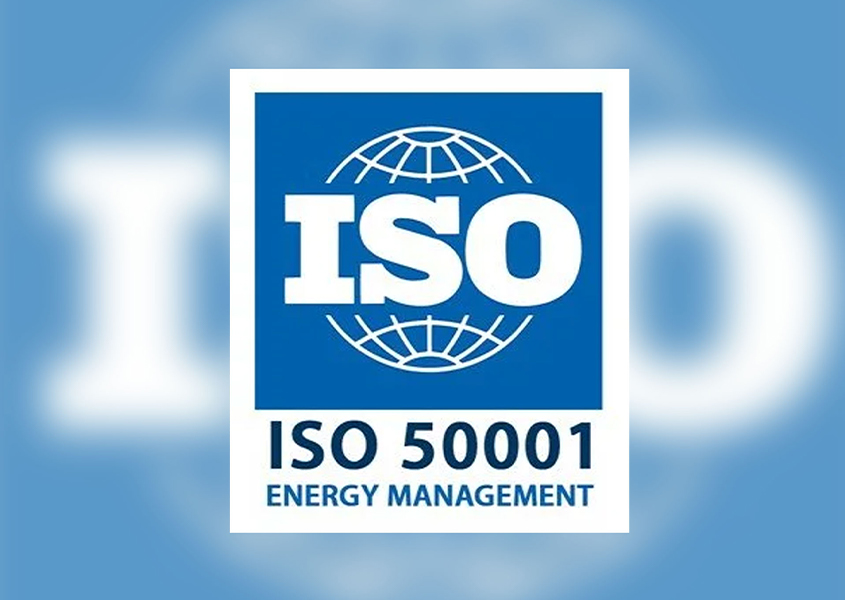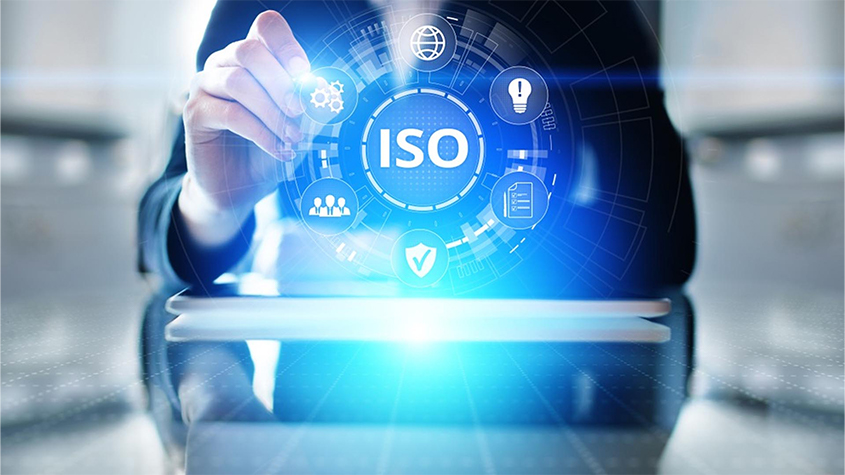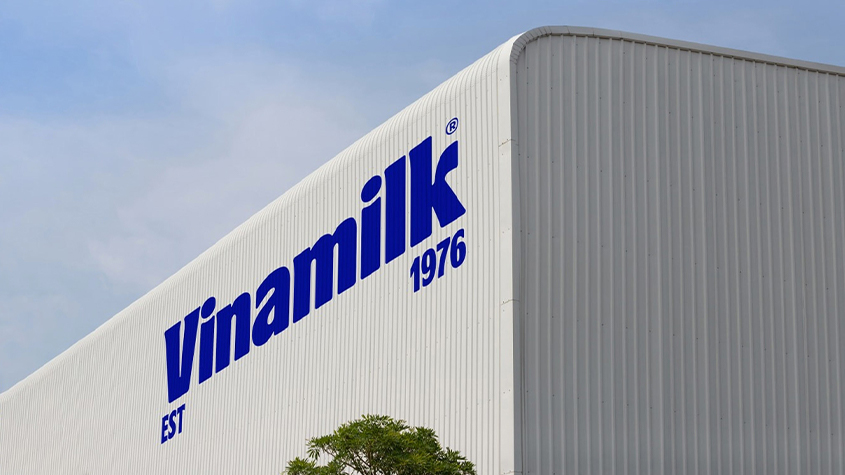For Vietnamese businesses seeking to enhance energy efficiency and reduce costs, the question “What is ISO 50001 certification?” has become increasingly relevant. ISO 50001 is an internationally recognized standard that provides a framework for organizations to develop effective energy management systems. As global energy consumption rises, this certification offers Vietnamese companies a powerful tool to optimize energy use and improve sustainability. Let’s explore how ISO 50001 can give your business a competitive edge in the market.
What is ISO 50001 Certification?
ISO 50001 is a voluntary international standard issued by the International Organization for Standardization (ISO). This certification is awarded when a company demonstrates an effective energy management system. ISO 50001 provides a framework for establishing, implementing, and maintaining an efficient energy management system.
This standard is geared towards businesses committed to disclosing and reducing their emissions, while focusing on developing policies to enhance energy efficiency in their operations. ISO 50001 assists facilities in evaluating and prioritizing the implementation of new energy-efficient technologies, improving energy efficiency, use, and consumption. It also creates transparency and facilitates communication on the management of energy resources.
An energy management system under ISO 50001 is a framework for implementing technical and management strategies that significantly reduce energy costs and greenhouse gas emissions over time. System components include creating an energy policy, setting objectives for improving energy efficiency, establishing a timeline with target dates to meet objectives, and developing a specific action plan.

How is an ISO 50001 different from an ISO 9001 or an ISO 14001?
While all ISO certifications aim to benefit companies in the long run by establishing more productive systems, each focuses on a distinct management area:
- ISO 9001 centers on Quality Management Systems (QMS). A QMS documents policies and procedures essential for ensuring customer satisfaction through the delivery of high-quality products and services.
- ISO 14001 focuses on Environmental Management Systems, which assist companies in achieving their environmental goals through continuous monitoring and adjustment of current environmental objectives, encompassing resource use, waste management and pollution.
- ISO 50001 specifically targets Energy Management Systems (EMS). An EMS helps organizations optimize their energy use, reduce costs, and minimize environmental impact through systematic energy management.
ISO 50001 differs from ISO 9001 and ISO 14001 in its dedicated emphasis on energy performance and efficiency. While ISO 14001 broadly addresses environmental concerns, ISO 50001 zeroes in on energy-related aspects, providing a framework for organizations. All three management systems – Quality, Environmental, and Energy – are crucial for ensuring smooth business operations while also addressing the pressing need for emissions reduction in the face of global climate change.

Benefits of ISO 50001 for Vietnamese Businesses
At a recent workshop focusing on the ISO 50001 Energy Management System, Nguyen Kinh Luan, a consultant from the Energy Saving Office of the Ministry of Industry and Trade (MOIT), highlighted the significant advantages of implementing energy management systems. He emphasized that such systems would enable businesses to cut down on energy expenses, contribute to environmental conservation, and bolster national energy security. Specifically, ISO 50001 offers the following outstanding benefits, including:
1. Reduce manufacturing costs
ISO 50001 helps businesses identify and eliminate energy waste in their production processes. Through the implementation of effective energy-saving measures, companies can significantly reduce operational costs. This system also supports energy demand planning and forecasting, optimizing energy procurement and usage. As a result, businesses can cut production costs, increase profits, and improve their market competitiveness. The systematic approach to energy management ensures long-term cost savings and financial stability for Vietnamese enterprises.
2. Improve operational efficiency
ISO 50001 drives continuous improvement in energy management, optimizing processes across the organization. It guides businesses to identify energy performance opportunities and set specific targets. Regular monitoring enables quick issue detection and resolution. This systematic approach not only enhances energy use efficiency but also boosts overall productivity and product quality. By streamlining operations and making data-driven energy decisions, companies can reduce downtime, allocate resources more effectively, and align energy management with organizational goals. The result is a more efficient operation that produces higher quality products while consuming less energy.
3. Minimize environmental impact
Through effective energy management, businesses can significantly reduce their carbon emissions and other negative environmental impacts. ISO 50001 encourages the use of renewable energy sources and energy-efficient technologies. This not only helps companies comply with environmental regulations but also contributes to global climate change mitigation efforts. Businesses implementing ISO 50001 can take pride in positively contributing to the country’s sustainable development. Moreover, this commitment to environmental stewardship can open doors to green markets and environmentally conscious consumers.

4. Enhance brand reputation
ISO 50001 certification demonstrates a company’s strong commitment to sustainable development and environmental protection. This creates a positive image in the eyes of customers, partners, and the community. Businesses can use this certification as an effective marketing tool, attracting environmentally conscious customers and partners. The improved reputation can also lead to new business opportunities and market expansion, especially in sectors with high environmental responsibility demands. Furthermore, it can enhance employee morale and attract top talent who value working for environmentally responsible organizations.
5. Increase competitiveness
Businesses applying ISO 50001 gain a competitive edge in the market, especially as more organizations and customers prioritize environmentally conscious business partners. This certification can open up opportunities to participate in global supply chains where energy management standards are increasingly important. Companies may also gain easier access to green capital and government support programs for sustainable businesses.
Additionally, optimizing energy use helps businesses become more flexible in dealing with energy price fluctuations, enhancing their resilience in a challenging business environment. The improved efficiency and reduced costs associated with ISO 50001 allow Vietnamese businesses to offer more competitive pricing without compromising on quality or profitability.
Success Stories from Vietnamese Businesses
The implementation of ISO 50001 has proven to be a wise decision for Vietnamese businesses aiming for sustainable development. Several pioneering companies have successfully adopted this smart energy management system, reaping significant benefits. Here are some notable success stories:
1. Vinamilk Group
Vinamilk Group, a leader in the dairy industry, was among the first Vietnamese enterprises to implement ISO 50001 in 2012. This forward-thinking approach has yielded impressive results, with the company achieving annual energy consumption savings exceeding 10%. Vinamilk’s commitment to energy efficiency did not go unnoticed, as they received the prestigious “Efficient Energy Enterprise” award from the Ministry of Industry and Trade in 2014. This recognition underscores the tangible benefits of ISO 50001 implementation and Vinamilk’s role as a trailblazer in sustainable business practices.

2. Vinacafe Bien Hoa Joint Stock Company
Vinacafe Bien Hoa Joint Stock Company, Vietnam’s largest coffee producer, embraced ISO 50001 in 2013. The adoption of this energy management system has led to substantial improvements in their operations. Each year, the company has managed to reduce its energy consumption by more than 5%. This significant reduction not only contributes to cost savings but also aligns with the company’s commitment to environmental stewardship, setting a positive example for other players in the coffee industry.
3. Saigon Beer – Alcohol – Beverage Corporation (Sabeco)
Saigon Beer – Alcohol – Beverage Corporation (Sabeco), Vietnam’s leading beer manufacturer, implemented ISO 50001 in 2015. The results have been remarkable, with the company achieving annual energy savings surpassing 6%. This substantial reduction in energy consumption has not only improved Sabeco’s operational efficiency but also strengthened its position as a responsible corporate citizen. The success of Sabeco in implementing ISO 50001 demonstrates the standard’s applicability and benefits in the beverage industry.
4. Hoa Phat Group
Hoa Phat Group, one of Vietnam’s largest steel corporations, adopted ISO 50001 in 2016. Despite the energy-intensive nature of steel production, the company has managed to reduce its energy consumption by more than 4% annually through the implementation of this standard. This achievement is particularly noteworthy given the scale of Hoa Phat’s operations and the challenges inherent in the steel industry. The group’s success story serves as an inspiration for other heavy industry players considering ISO 50001 adoption.

How can Businesses get ISO 50001 certified?
While ISO 50001 certification is not mandatory, it can significantly contribute to the future success of your company. The process of obtaining ISO 50001 certification involves several key steps:
- Gain a thorough understanding of ISO 50001: Businesses should first familiarize themselves with the standard. Consider enrolling in training classes to ensure comprehensive knowledge of ISO 50001 requirements.
- Identify areas for improvement: Evaluate your current energy management practices and pinpoint aspects that need enhancement to align with ISO 50001 standards.
- Develop an energy management plan: Create a new, comprehensive energy management plan that meets ISO 50001 requirements. This plan should be approved by the company’s leadership.
- Document the energy management system: Thoroughly document all aspects of your new energy management plan. This documentation is crucial for the certification process.
- Implement the new Energy Management System (EMS): Put your newly developed EMS into practice across all relevant areas of your organization.
- Conduct an internal audit: Perform a thorough internal audit to ensure that your EMS is functioning as intended and meets all ISO 50001 requirements.
- Apply for certification: Once the above steps are completed and you’re confident in your EMS, you can officially apply for ISO 50001 certification.
While obtaining ISO 50001 certification is not inherently difficult, it does require dedication and time. Companies must commit not only to the steps required to establish an Energy Management System but also to maintaining and improving the EMS over time.
The good news is that once acquired, an ISO 50001 certification is valid for three years. This provides a substantial period during which your company can reap the benefits of improved energy management and demonstrate its commitment to sustainability. If you have any questions about ESCOs or energy monitoring and saving solutions of Vinergy, don’t hesitate to contact us today!
